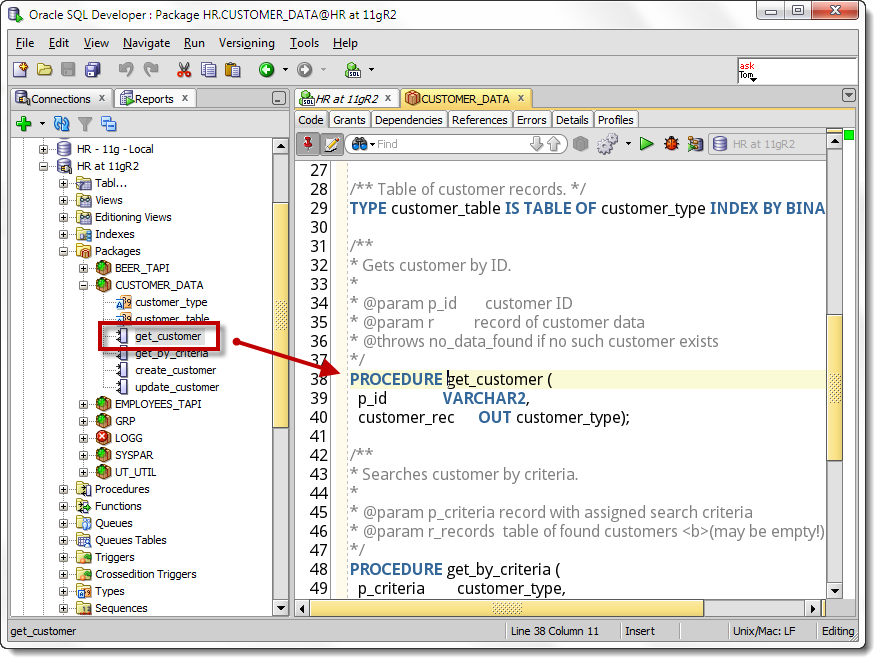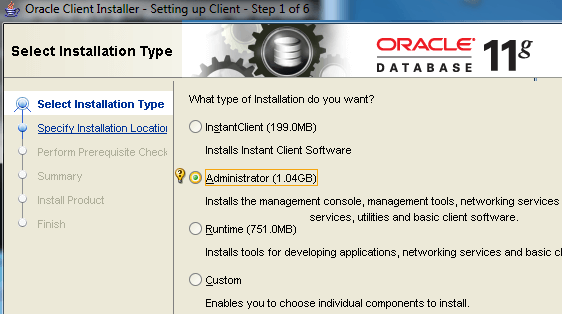

PL/SQL is not case sensitive so you are free to use lower case letters or upper case letters except within string and character literals. It inherits the robustness, security, and portability of the Oracle Database. The PL/SQL is known for its combination of data manipulating power of SQL with data processing power of procedural languages. With PL/SQL, you can use SQL statements to manipulate Oracle data and flow of control statements to process the data. which are stored in the database for reuse by applications. You can create PL/SQL units like procedures, functions, packages, types and triggers, etc. After the implementation of version 8 of Oracle database have included features associated with object orientation. It can support Array and handle exceptions (runtime errors).

It allows declaration of constants and variables, procedures and functions, types and variable of those types and triggers. PL/SQL includes procedural language elements like conditions and loops. Although PL/SQL is closely integrated with SQL language, yet it adds some programming constraints that are not available in SQL.

The functionalities of PL/SQL usually extended after each release of Oracle database. PL/SQL is integrated with Oracle database (since version 7). Pl/SQL stands for "Procedural Language extension of SQL" that is used in Oracle. The programs of PL/SQL are logical blocks that can contain any number of nested sub-blocks. used to perform operations on the records stored in database such as inserting records, updating records, deleting records, creating, modifying and dropping tables, views etc. SQL stands for Structured Query Language i.e. There are also given PL/SQL interview questions and quizzes to help you better understand the PL/SQL language.

Our PL/SQL tutorial includes all topics of PL/SQL language such as conditional statements, loops, arrays, string, exceptions, collections, records, triggers, functions, procedures, cursors etc. PL/SQL is a block structured language that can have multiple blocks in it. Our PL/SQL tutorial is designed for beginners and professionals. PL/SQL tutorial provides basic and advanced concepts of SQL.


 0 kommentar(er)
0 kommentar(er)
